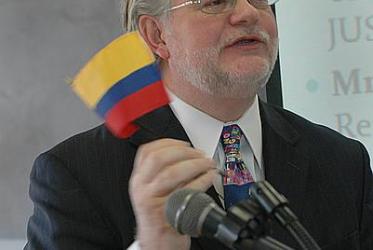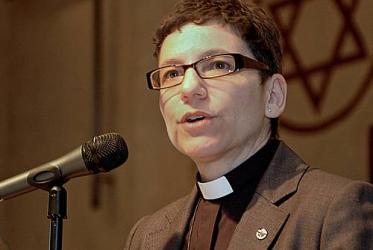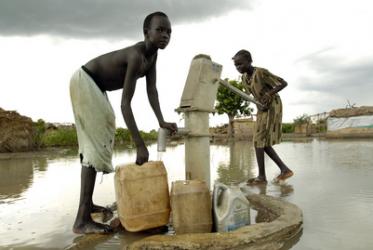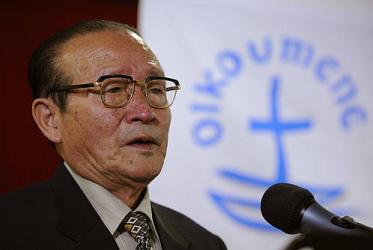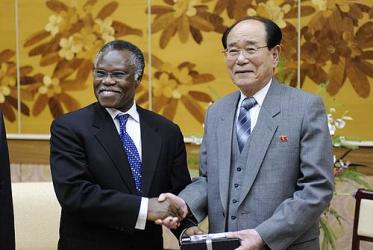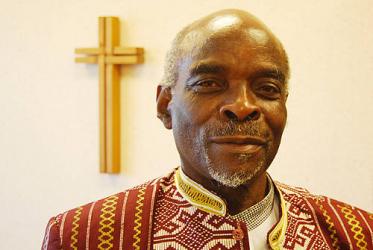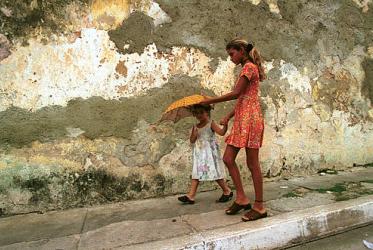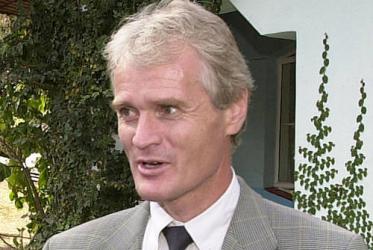Displaying 181 - 200 of 226
15 December 2009
Bells ring a wake-up call for climate justice
14 December 2009
Finding traction on Colombia
23 November 2009
Good news and bad news on climate change
18 November 2009
Churches to ring the alarm on climate change
12 November 2009
Ecumenical leaders bring concerns about Honduras to Washington
29 October 2009
Churches support Korean reunification at Hong Kong consultation
22 October 2009
WCC delegation to visit North Korea
15 October 2009
Inter-religious call to climate action ahead of UN summit
21 September 2009
Indigenous peoples seek political affirmation
13 May 2009
Accompanying Dalits in their journey to liberation
09 April 2009


